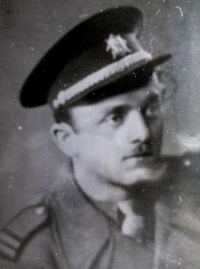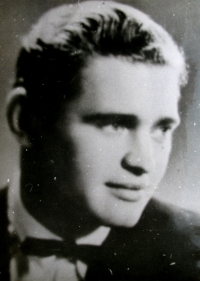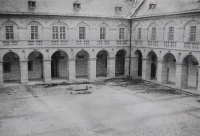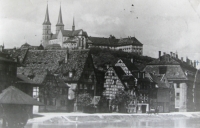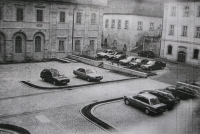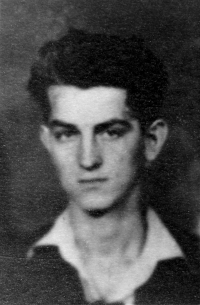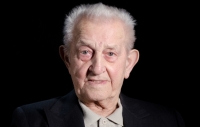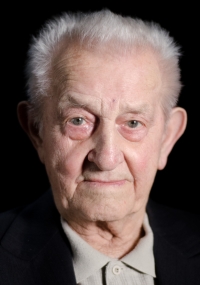The Nazis dragged him from prison to prison. It saved his life two times

Download image
Viktor Veverka was born on October 14th 1923 in Líšná near Zbiroh. His grandfather was a senior gamekeeper working for the Colloredo-Mansfeld’s family. Viktor Veverka completed elementary school with excellent results and trained to become a locksmith engineer. He used to exercise in Sokol organization gym and played football. During the war he joined anti-Nazi resistance with his friend, Václav Matoušek. In early 1944 Viktor Veverka had been arrested by the Gestapo. He had been convicted by distributing a single leaflet. He was sentenced to three years in prison. He was imprisoned in Pilsen (Plzeň), in Pankrác prison in Prague (Praha), in Dresden, Ebrach and Bamberg. While in prison, he met various personalities. After Bamberg was liberated by the U.S. Army he worked for the Americans as a sentry in Cheb for a month. In 2017 he has been living in Zbiroh. Viktor Veverka died in September 2021.
